Retro Replay Review
Gameplay
Extase presents a unique hybrid of action and puzzle mechanics, drawing you into a symmetrical network of wires, buttons, fuses, and switches. As a spiritual sequel to the brain-bowler puzzle in Purple Saturn Day, it builds on familiar principles while introducing competitive, head-to-head play. Each level centers on restoring a particular sensory function to a female android, turning abstract circuitry into a tangible race for control.
(HEY YOU!! We hope you enjoy! We try not to run ads. So basically, this is a very expensive hobby running this site. Please consider joining us for updates, forums, and more. Network w/ us to make some cash or friends while retro gaming, and you can win some free retro games for posting. Okay, carry on 👍)
You command a cursor that clicks activation buttons to release conductive balls, which travel through the wire network. Your goal is to awaken dormant wires by steering these balls along predetermined paths. Setting switches correctly—only possible when no ball is in play—unlocks new routes and strategic opportunities. This interplay of timing, precision, and planning keeps each encounter fresh and dynamic.
Complicating matters are rogue electrical sparks that randomly traverse the board, threatening to destroy your conductive balls and fuses. Thankfully, you can actively “zap” these sparks with your cursor, transforming them from mere hazards into tactical elements. Meanwhile, you can generate fresh fuses by guiding a power beam into the central fusebox, then manually placing the new fuse where it’s needed most.
Perhaps the most compelling twist is the simultaneous, asymmetric competition against either a human or AI opponent. You share the same board but control opposite halves, engaging in fuse theft, switch manipulation, and even spark summoning to foil your rival. The two cursors can’t occupy the same space, so tactical jostling and jostle-induced jolts add a layer of direct interaction that feels rarer in puzzle games.
Graphics
Visually, Extase embraces a clean, geometric aesthetic that highlights its circuitry motif. The symmetrical wire networks are laid out with precision, contrasted by vibrant activation buttons and neon-lit fuses. This clarity ensures you always understand the puzzle’s state, even amid the chaos of rapid-fire sparks and competing cursors.
The central portrait of the female android evolves as you progress through each level, showcasing a surprisingly rich range of expressions—smiles, winks, and contemplative looks—aligned with the sensory functions you restore. This not only provides a gratifying feedback loop but also reinforces the narrative stakes in an otherwise abstract setting.
Sparks and power beams are animated with dynamic lighting effects that bring a sense of urgency to each play session. When a ball shatters or a fuse burns out, the brief flicker of particles and electric arcs heightens the drama. The color palette remains consistent, avoiding visual clutter while still offering enough variation to distinguish interactive elements at a glance.
Overall, the graphical style strikes a fine balance between functional clarity and sci-fi flair. Whether you’re on a desktop monitor or a smaller screen, the elements retain their readability, and the subtle animations add polish without detracting from the puzzle-solving focus.
Story
While Extase is rooted in puzzle competition, it weaves a light yet engaging narrative around reviving a female android’s sensory capabilities. Each level corresponds to a different sense—vision, hearing, touch—allowing you to witness incremental improvements in her emotional responses. It’s a clever way to tie the abstract goal of “wire restoration” to an empathetic arc.
The android’s evolving expressions serve as the core storytelling device, subtly signaling your progress and investment in her awakening. There’s no sprawling lore or lengthy cutscenes; instead, the plot unfolds through minimalist visual cues and level objectives. This brevity works to its advantage, keeping the pacing brisk and focused on gameplay.
Secondary story beats emerge through terse on-screen prompts and level titles, hinting at a larger world where androids and humans coexist in a networked society. Although these glimmers of context never overshadow the puzzle action, they provide just enough intrigue to imagine deeper narratives behind the circuitry.
For players seeking a character-driven journey, Extase’s story will feel light but satisfying. The emotional resonance comes from your own actions—wire by wire, fuse by fuse—rather than from elaborate dialogue. It’s a minimalist approach that aligns perfectly with the game’s cerebral design ethos.
Overall Experience
Extase shines as a thought-provoking and competitive puzzle game that appeals to both solo strategists and multiplayer tacticians. Its core mechanics are easy to understand yet hard to master, offering layers of depth through fuse management, switch positioning, and spark control. Each match feels like a blend of chess and pinball, where foresight and reflexes must work in harmony.
The tension of simultaneous play—especially against a skilled human opponent—elevates the stakes far beyond a typical single-player puzzle. Even the AI challengers exhibit varying personalities and difficulty levels, keeping solo runs from becoming stale. The option to tailor match rules (e.g., spark frequency or fuse availability) further extends replayability.
The symbiosis of gameplay, visuals, and minimalistic narrative results in a cohesive, polished package. Whether you’re aiming to climb leaderboards, challenge friends, or simply unwind with a cerebral diversion, Extase delivers a consistently engaging experience that rewards both patience and bold maneuvers.
In sum, Extase stands out in the crowded puzzle genre by infusing competitive dynamics and a subtle emotional throughline. Its striking presentation, coupled with deep strategic possibilities, makes it a strong recommendation for anyone seeking a fresh, multiplayer-ready brain teaser.
 Retro Replay Retro Replay gaming reviews, news, emulation, geek stuff and more!
Retro Replay Retro Replay gaming reviews, news, emulation, geek stuff and more!
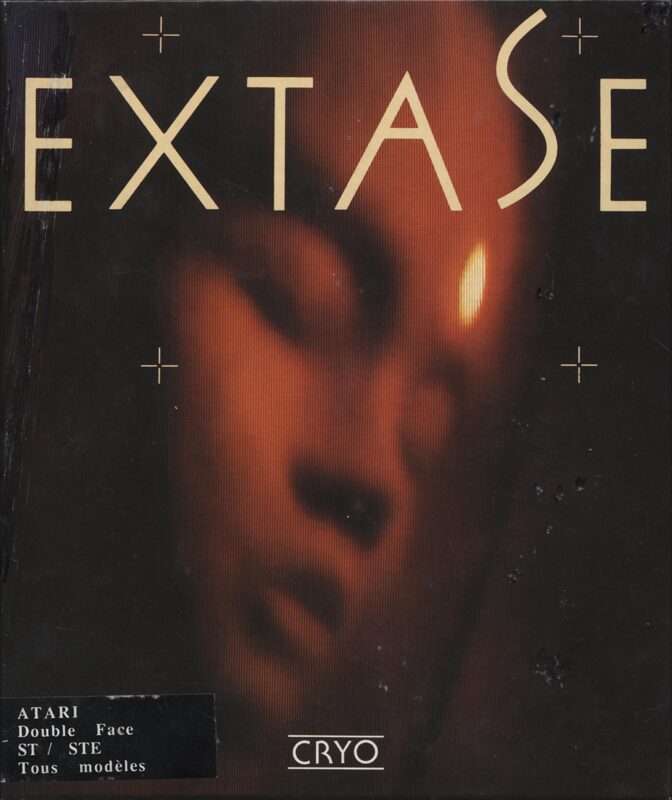
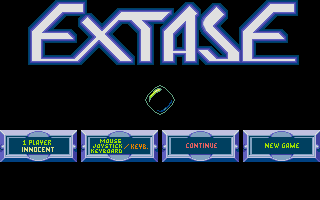
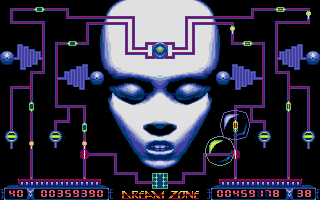
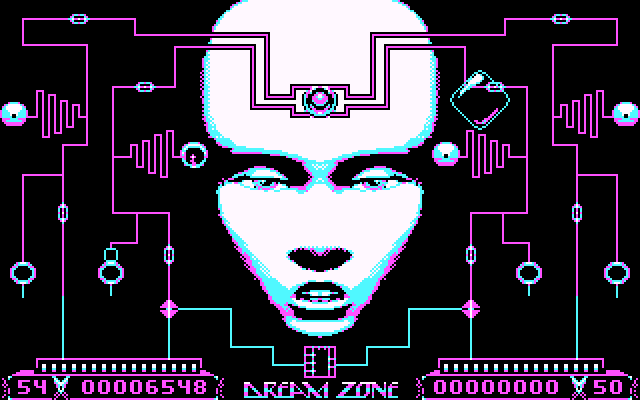
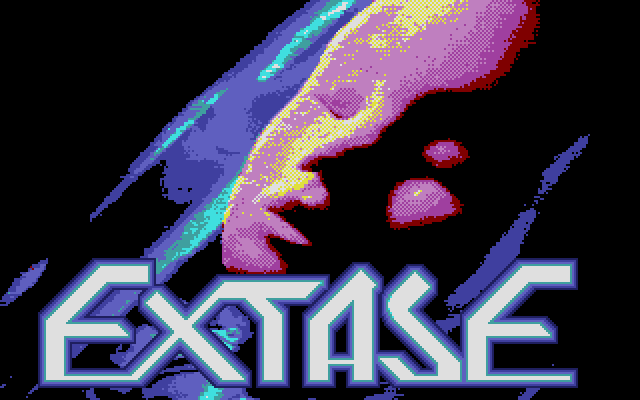




Reviews
There are no reviews yet.